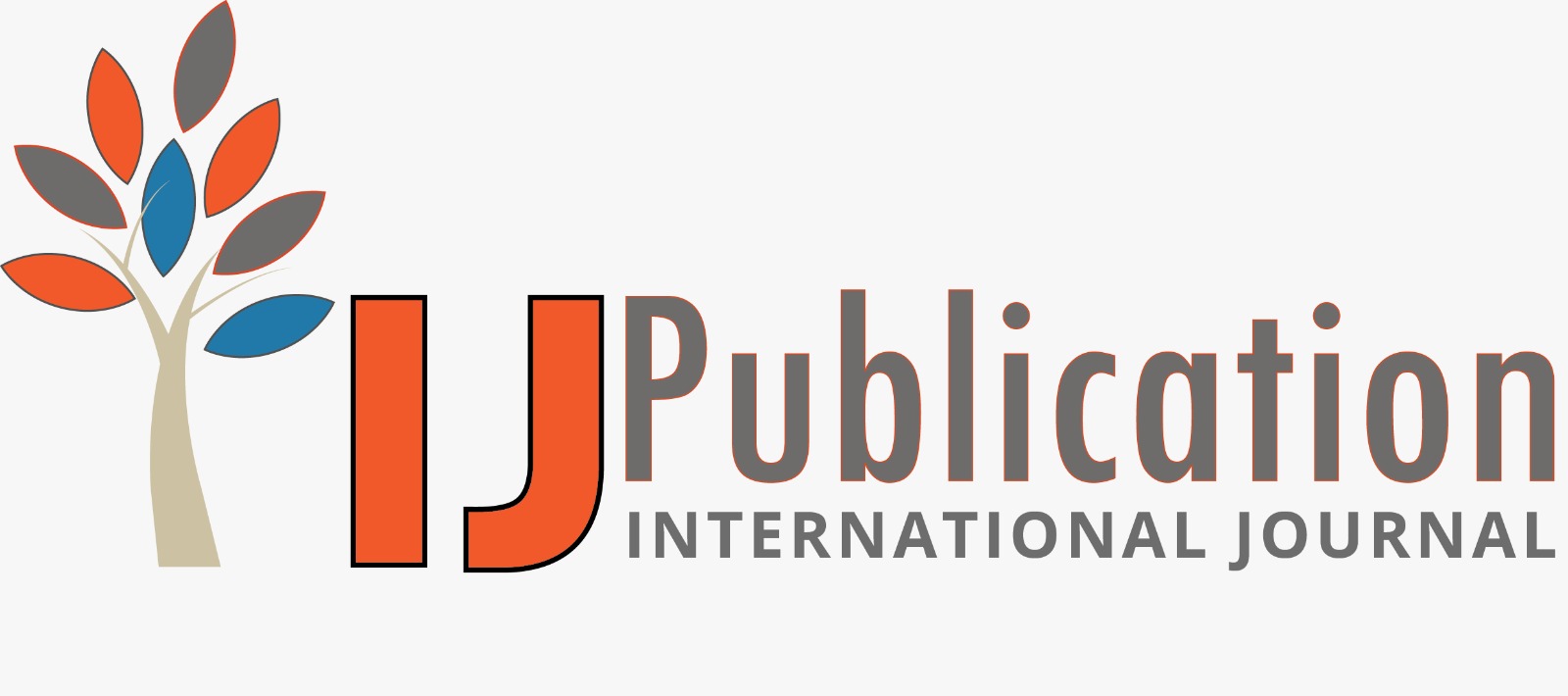Hemasundara Reddy Lanka Reviewer
28 Mar 2025 02:27 PM
 Approved
Approved
Relevance and Originality
This study addresses an important social concern by examining the link between study habits and academic performance in children from single-parent households. Its focus on the Garo Hills region adds a fresh perspective, making it valuable for educational and policy-related discussions. While previous research has explored similar themes, this study's regional emphasis provides unique insights that contribute to the broader understanding of the topic.
Methodology
The study adopts a well-structured survey method, utilizing a standardized scale to assess study habits and academic performance. The choice of a sample size of 150 students ensures meaningful analysis. The use of academic report cards as a data source adds credibility. A mixed-method approach incorporating qualitative insights could further enrich the findings, offering a more nuanced view of students' experiences.
Validity & Reliability
The results effectively demonstrate that strong study habits positively influence academic success, reinforcing existing educational theories. The study’s methodology ensures consistency and reliability in findings. While the absence of significant differences between the two household types is noteworthy, a broader dataset covering more diverse socio-economic backgrounds could enhance the generalizability of the conclusions.
Clarity and Structure
The research is well-organized, with a clear progression from objectives to findings. The arguments are presented coherently, making it easy to follow. The results and discussions are logically structured, though elaborating on specific study habits—such as time management—could improve readability and provide deeper insights into the observed trends.
Result Analysis
The analysis provides meaningful interpretations, emphasizing the importance of effective study habits in academic achievement. The study successfully highlights the similarities between students from different household structures while acknowledging minor variations in study habits. Expanding on the implications of these findings could further strengthen the discussion and suggest practical applications for educators and parents.








Hemasundara Reddy Lanka Reviewer